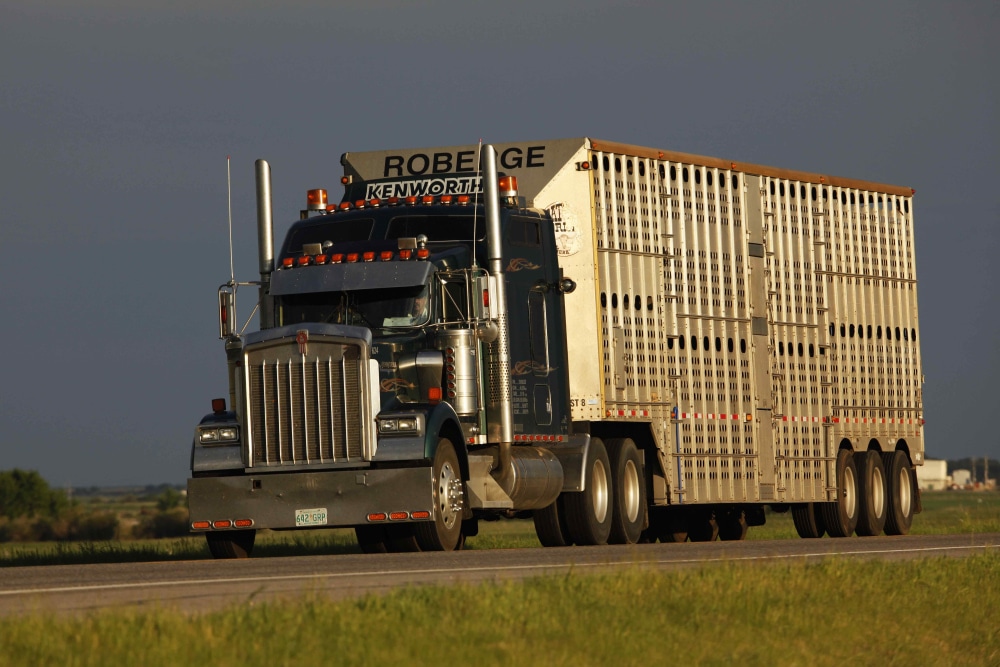The hidden cost of stress loss

Stress-loss is an issue that is rapidly gaining awareness and importance across today’s livestock industries. Not only is it a critical issue from an animal welfare perspective, it also carries a substantial, often hidden, cost undermining the profitabiltiy of livestock and meat production by reducing meat yield and quality.
The good news is that science-driven innovations are emerging to help livetock industries address this challenging issue. One of the leading areas of advancement is nutritional technology, via the use of feed additives designed to mitigate the negative impacts of stress.
Options such as DeStress, developed by DeStress Nutritional Technology, provide a source of replenishment and a defense shield to allow the animals to maintain a high state of welfare and production attributes, particularly key periods of stress-loss risk such as transport and handling.
“The science shows that DeStress benefits the animals, protects value for both the producer and the packer, and results in a better product,” says Dr. Al Schaefer, representing DeStress Nutritional Technology. “It is well suited to the emerging needs of a responsible, efficient and sustainable livestock sector, built for the future.”
DeStress now has expanded availability in both Canada and the United States, and beyond, with DeStress-Swine and DeStress-Ruminants formulations. DeStress-Equine is available for performance horses. DeStress contains energy sources, electrolytes and bypass amino acids that address symptoms in times of stress.
In swine, the latest studies with DeStress show market weight pigs treated with the product have a 1–3 kg increase in live weight retention, resulting in a corresponding 0.5–2 kg improved retention in hot and cold carcass weight. This translates to nearly 60% reduction in typical stress loss. Results also show a 45% reduction in aggressive acts among treated pigs. With cattle, packer trials evaluating post transport treatment show 10 percent improvement in quality grade with the DeStress nutritional therapy.
The negative effects of stress on livestock comprise a long list. It includes loss of live weight and carcass yield (shrink); degraded meat quality including dark cutting (cattle), color change (swine) and PSE meat (swine); degraded quality grade due to marbling loss (cattle); reduced tenderness due to dehydration; reduced growth performance (average daily gain); challenges to an animal’s immune system; and degraded animal well-being.
However, livestock researchers including Schaefer and colleagues have made great strides in understanding the role and potential of nutrition to counteract and protect against these negative impacts.
“We know more than ever about the stress related to transport and handling and the impacts this can have on the well-being of the animals and on related economic factors,” says Schaefer. “DeStress is the result of years of research, including numerous publications and both research site and commercial trials, to combine this knowledge with what we’re learning on the nutrition side.”
Posted on October 25, 2016 by Brad Brinkworth


